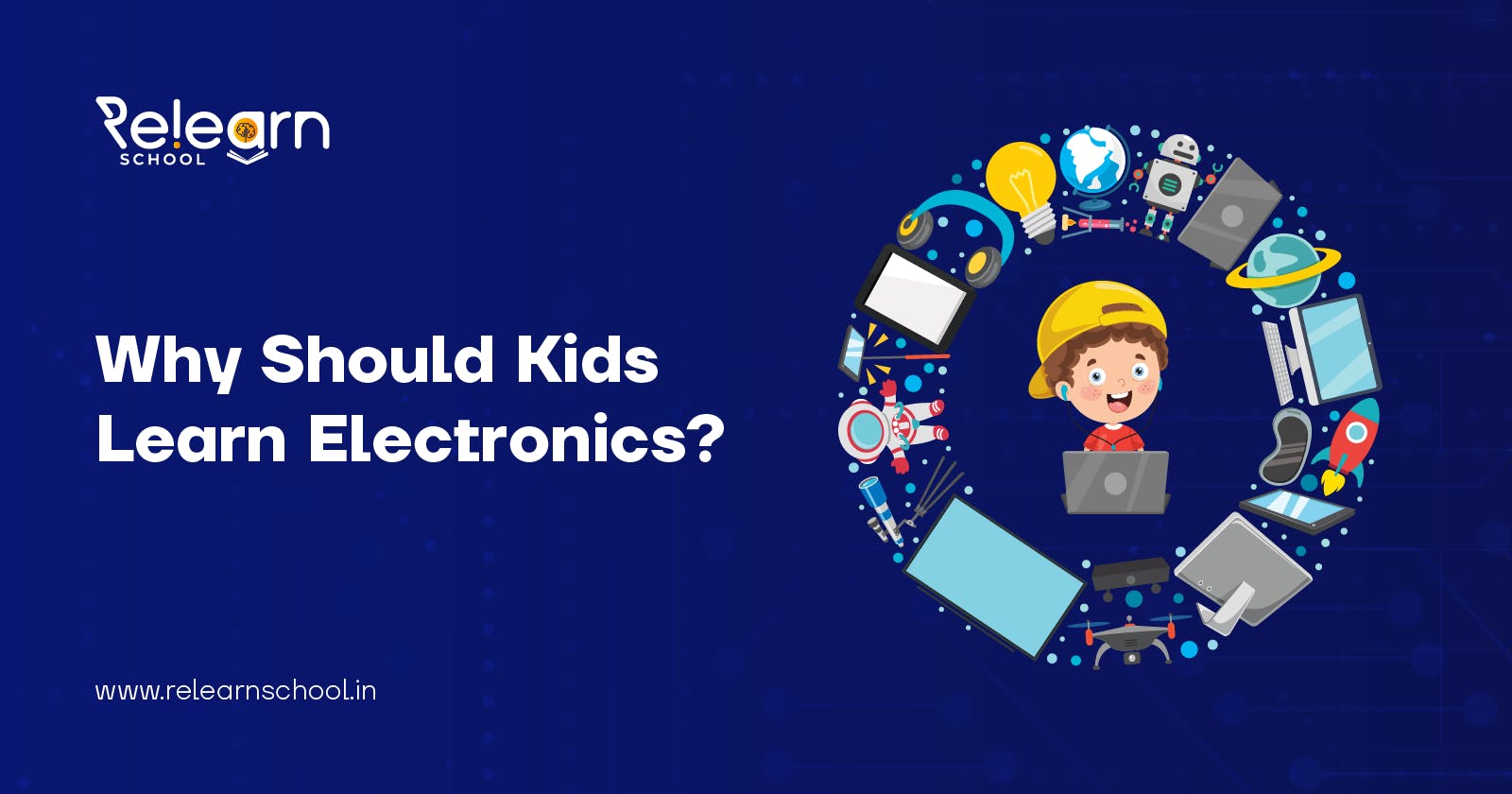Electronics have undergone a remarkable evolution that has changed how we live and engage with the world. Electronics has had a significant impact on the development of our contemporary society, from the development of the vacuum tube to the age of nanotechnology.
What is Electronics?
Electronics, at its core, is the study and manipulation of electrons to produce tools for computation, communication, and control. Electronics is the engine that drives the technology we use every day, from tiny smartphones to enormous supercomputers.
Why Kids Learn Electronics?
Knowing electronics is more important than ever in today's digital world. As the world becomes more technologically oriented, teaching children electronics goes beyond the pursuit of a hobby to cultivate valuable skills. Learning electronics improves problem-solving, encourages creativity, and paves the way for future STEM careers. Knowing how gadgets function enables children to become creators rather than just consumers in a world where technology is pervasive. Children's curiosity is sparked by electronics education as they experiment with circuits, sensors, and coding. They can understand abstract ideas in a concrete, exciting way through hands-on projects.
What is the Right Age for Kids to Learn Electronics?
While there is no set age when children can begin learning about electronics, many educators agree that it is adequate to introduce the fundamentals to children as young as 6 to 10 years old. The adaptability and receptivity of young minds to new ideas is astounding. Kids can progress to more complex projects after starting with simpler ones, like making a flashlight or a simple sensor system. The complexity of learning should, however, be matched with the child's developmental stage. The secret is to be patient. The complexity of their projects may increase as they develop. Parents and teachers can make sure that children enjoy and succeed in their electronic journey by fostering a positive environment and utilising resources that are appropriate for their age.
Conclusion:
Teaching children about electronics is an investment in their development and understanding in a world where electronics shape our present and future. A generation of critical thinkers and problem solvers is fostered by electronics education, which instills useful skills, fosters innovation, and fosters critical thinking. Whether they choose to pursue careers as engineers, artists, or business owners, the knowledge they gain from studying electronics will undoubtedly enlighten their future choices. So let us introduce our kids to the wonders of technology with Relearn School.

